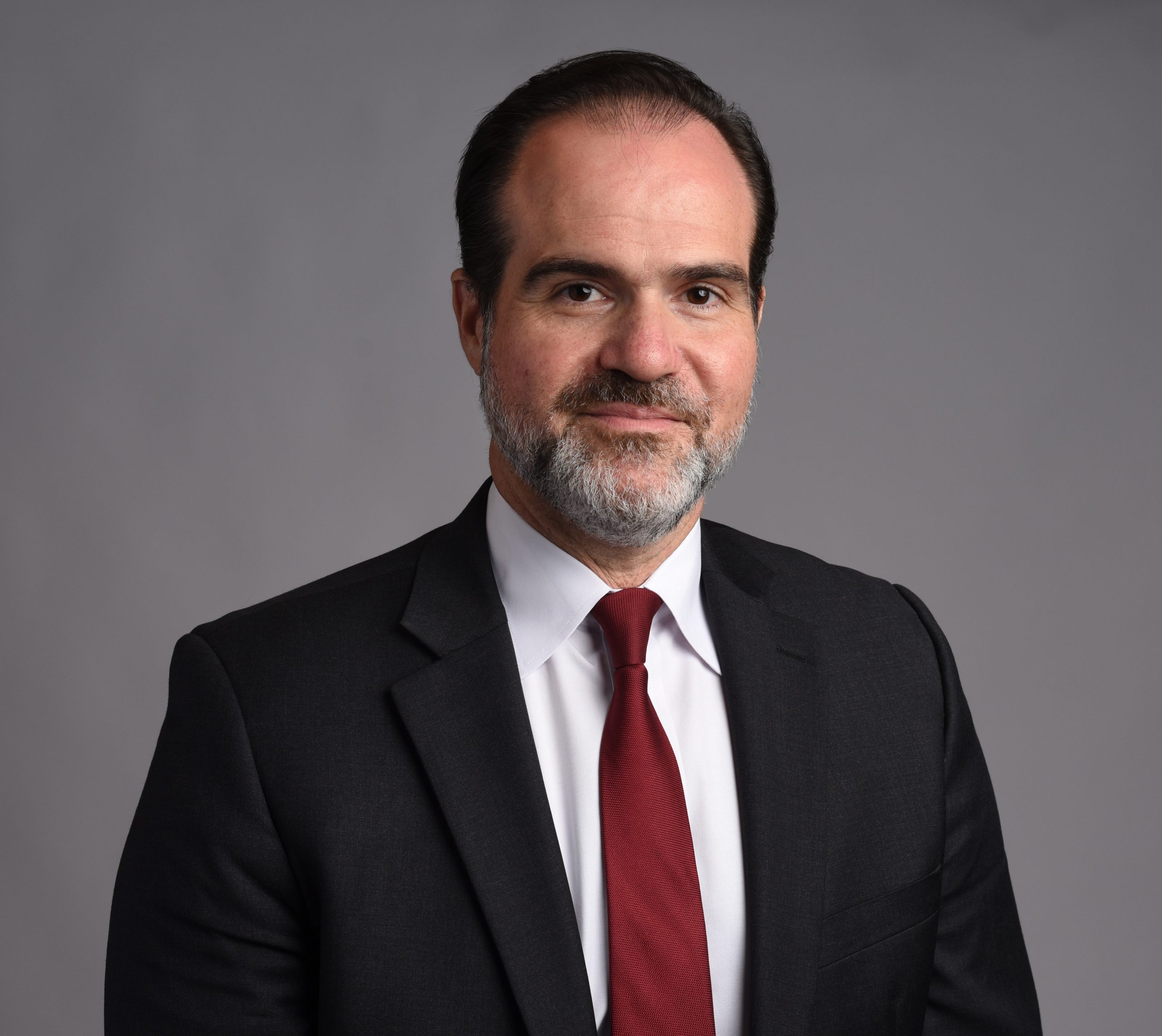
WASHINGTON, (Reuters) – The Inter-American Development Bank (IDB) said yesterday that it would use $ 1 billion to help countries in Latin America and the Caribbean acquire and distribute COVID-19 vaccines, adding to some $ 1.2 billion already committed in 2020.
Latin America’s leading development lender said it would also continue to provide funding for other public health measures, such as more effective testing and tracking, and better clinical management of COVID-19 patients.
“We are expanding our support to help Latin American and Caribbean countries secure timely access to safe and effective COVID-19 vaccines,” said IDB President Mauricio Claver-Carone. “The next few months will be crucial to changing the course of the pandemic and supporting the recovery of our region.”
The announcement comes amid growing concern over a sharp rise in COVID-19 infections and deaths in the region.
Latin America has been disproportionately hit by the pandemic, accounting for approximately 33% of the world’s COVID-19 deaths, despite accounting for only 9% of the global population, Claver-Carone told Reuters in an interview.
“We want to make sure … that we are ready, because there should be no excuse whatsoever for Latin America and the Caribbean not having access to the vaccine in the first quarter,” he said. For an interactive graphic tracing the global spread of COVID-19, open https://graphics.reuters.com/world-coronavirus-tracker-and-maps/ in an external browser.
The IDB said the additional funding will help countries purchase vaccine doses individually or through multilateral efforts, such as the World Health Organization’s COVAX program; develop effective vaccine use mechanisms; and building immunization capacity.
The bank also urged Latin American and Caribbean governments to double efforts to prepare national placement and vaccination plans, and said it is ready to help ensure their successful implementation throughout the region.
Earlier yesterday, Reuters reported that COVAX’s global plan to provide COVID-19 vaccines to poorer countries in Africa, Asia and Latin America faces a “very high” risk of failure due to lack of funds, delivery risks and complex contractual arrangements.